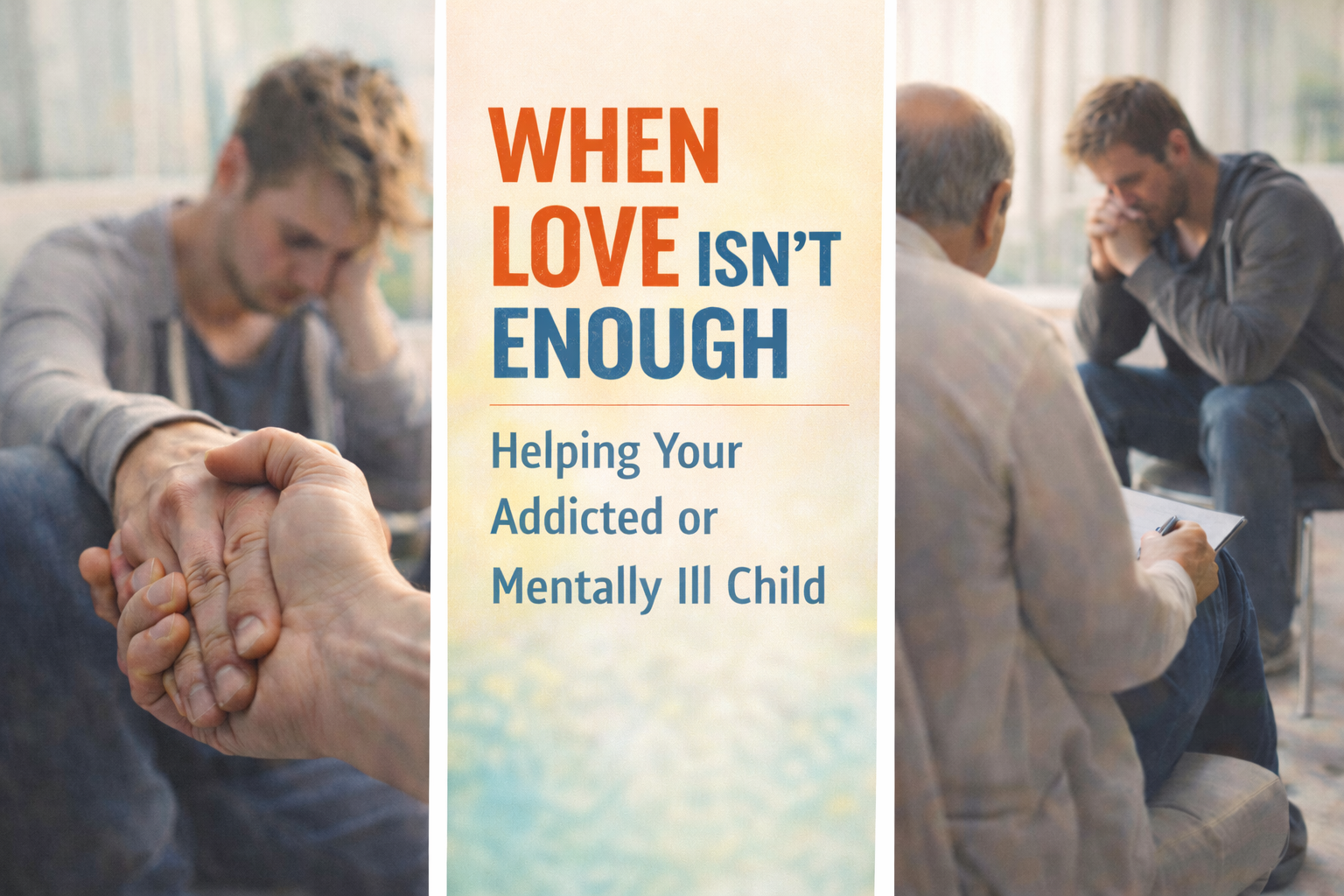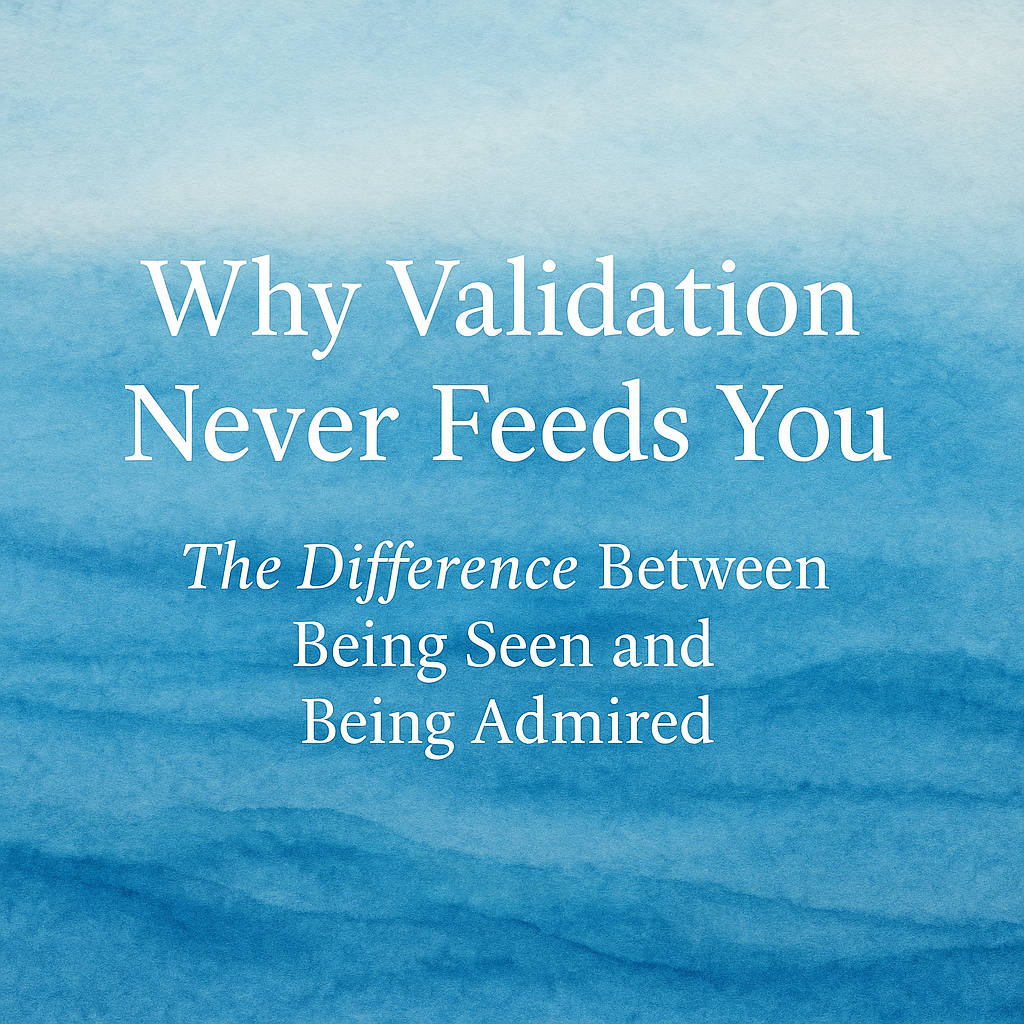Grief is the emotional response to the loss of someone or something precious to a person. According to Elisabeth Kübler-Ross, a well-known psychiatrist, it has five stages involving: denial, anger, bargaining, depression, and acceptance.
Modern-day research has expanded this framework, individualizing its treatment approach and concluding that each person can experience this pattern in a different order.
Grief is a normal part of life. Transitions between the stages of grief often vary in each individual. Some can resolve their grief over time, while others need the help of grief and loss therapy and professional counseling.
What is Grief Counseling or Therapy?
Grief and loss therapy is a form of self-care designed to help people healthily work through the stages of grief and loss. It is conducted by certified and licensed professionals with the following objectives:
- To accept the reality of loss
- To persevere through the emotional feelings
- To adapt to the change
- To maintain a connection with the absent person, pet, or object
What are the Benefits of Grief Loss Therapy?
People who attend client-centered grief counseling sessions with the right therapist gain the following benefits:
- They learn to accept the loss and its accompanying emotions.
- They improve their coping skills.
- They find refuge in the happy memories of the late loved one.
- They get access to support groups.
- Most importantly, they go through the grieving process in a safe and supportive environment.
How to Find Your Therapist
Reaching out or simply browsing through the websites of grief counseling resources is a good place to start for people looking for professional help.
Besides having the right materials, they also have a network of affiliated grief therapists they can refer you to. Some of the well-known grief coping organizations in the US are:
- American Counseling Association
- American Association of Suicidology (AAS)
- National Alliance on Mental Illness (NAMI)
- Substance Abuse and Mental Health Services Administration (SAMHSA)
- American Psychiatric Association
Accessing Bereavement Therapy with Licensed Professionals
In reviewing grief loss support options, consider the type of grief therapist or grief counselor you want, their experience, and training. Bereavement therapists provide personalized support based on their specialization.
Those who experienced a loss related to work should speak with someone specializing in workplace grief. It is also common for sadness and guilt to persist after a loss, and in this case, anxiety, depression, and grief specialists can help you.
By exploring various counseling and therapy choices, learn how crucial assistance has been for those who have gone through grieving loss and bereavement. It is also important to know your budget and who to ask for mental health professional referrals when considering professional grief loss support.
You can turn to any of the following for your healing journey with the help of a:
- Professional clinical counselor
- Family therapist
- Licensed clinical social worker
- Online therapy psychiatrist
- Anxiety and depression therapist
- Marriage and divorce counselor
As you prepare for your meeting, make a list of questions you want to ask your therapist. Prepare yourself for your session beforehand by organizing your thoughts and understanding what to expect.
Grief Therapy Treatment in Newport Beach
We all go through hard times. After all, grief is a universal experience. Don’t be afraid to admit emotional pain, and get help. You’ll move forward and live a happier life.Keil Psych Group in Newport Beach offers psychotherapy, stress management, and grief counseling sessions both in in-person and virtual setups. You can book an appointment or send inquiries through the details on our website.





